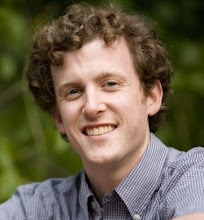I posted a little while ago about the general trajectory of my FTE ministry project. In my subsequent reading on the topic this summer, I’ve already come across a few books that are much more in line with my thinking than I anticipated finding. Take, for example, this passage from Randy Maddox’s chapter in The Poor and the People Called Methodists, edited by Richard Heitzenrater:
Wesley assumed that consistent and faithful social action must be grounded in such communal spiritual formation. The tendency to counterpoise concern for spiritual formation against concern for social service and activism, which his twentieth-century heirs appropriated from their culture, has inclined them to overlook this connection. Thus recent works calling for a recovery of Wesley’s ministry to and with the poor devote little attention to the spiritual formation that Wesley believed empowers and inclines one to be involved in this ministry. […] Meanwhile books calling for a recovery of Wesley’s spirituality devote little attention to the formative role he assigned to works of mercy. […] My goal in this essay is to clarify the more integral connection that Wesley was convinced existed between one’s sanctification […] and one’s involvement with the poor.





